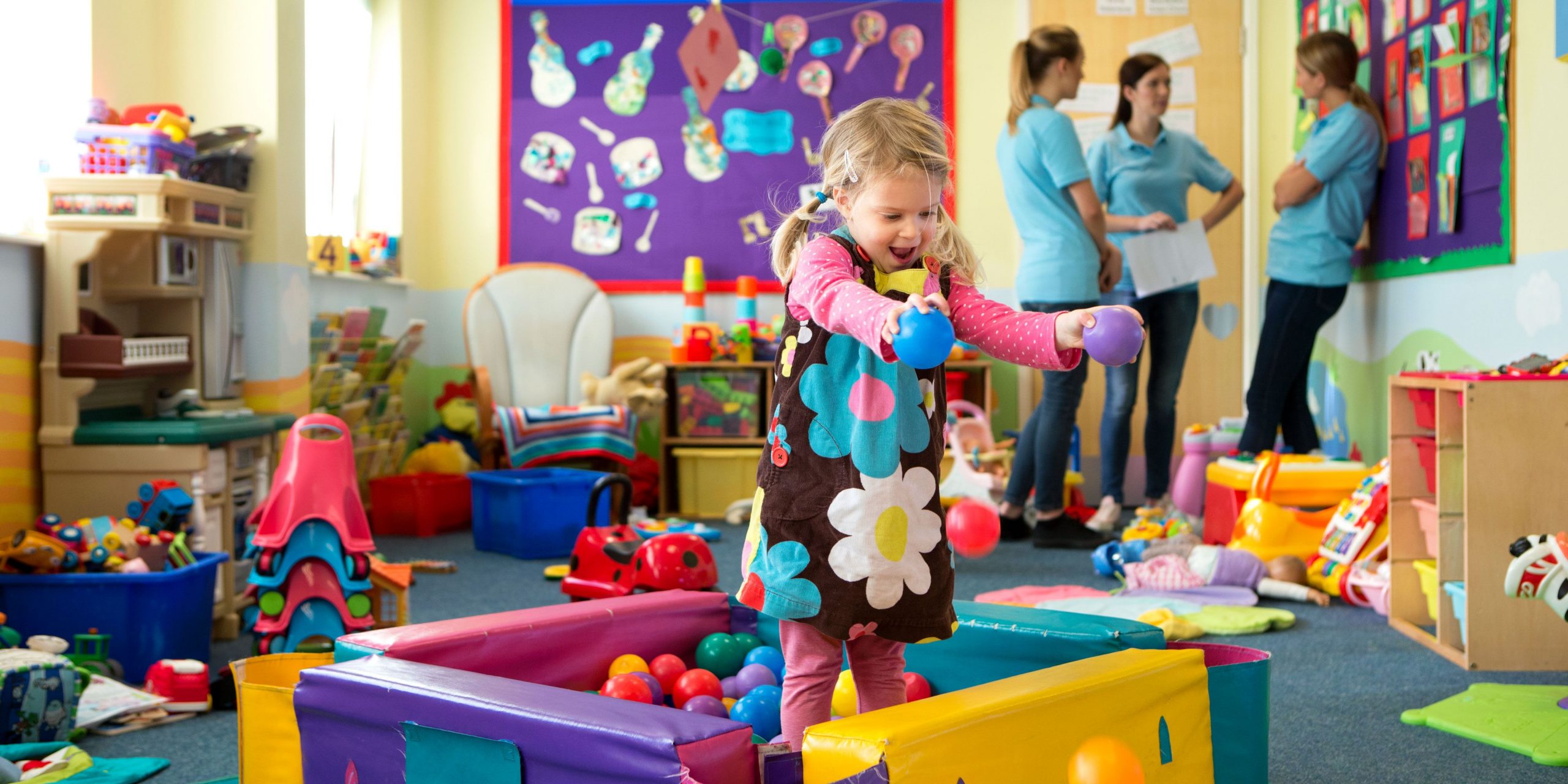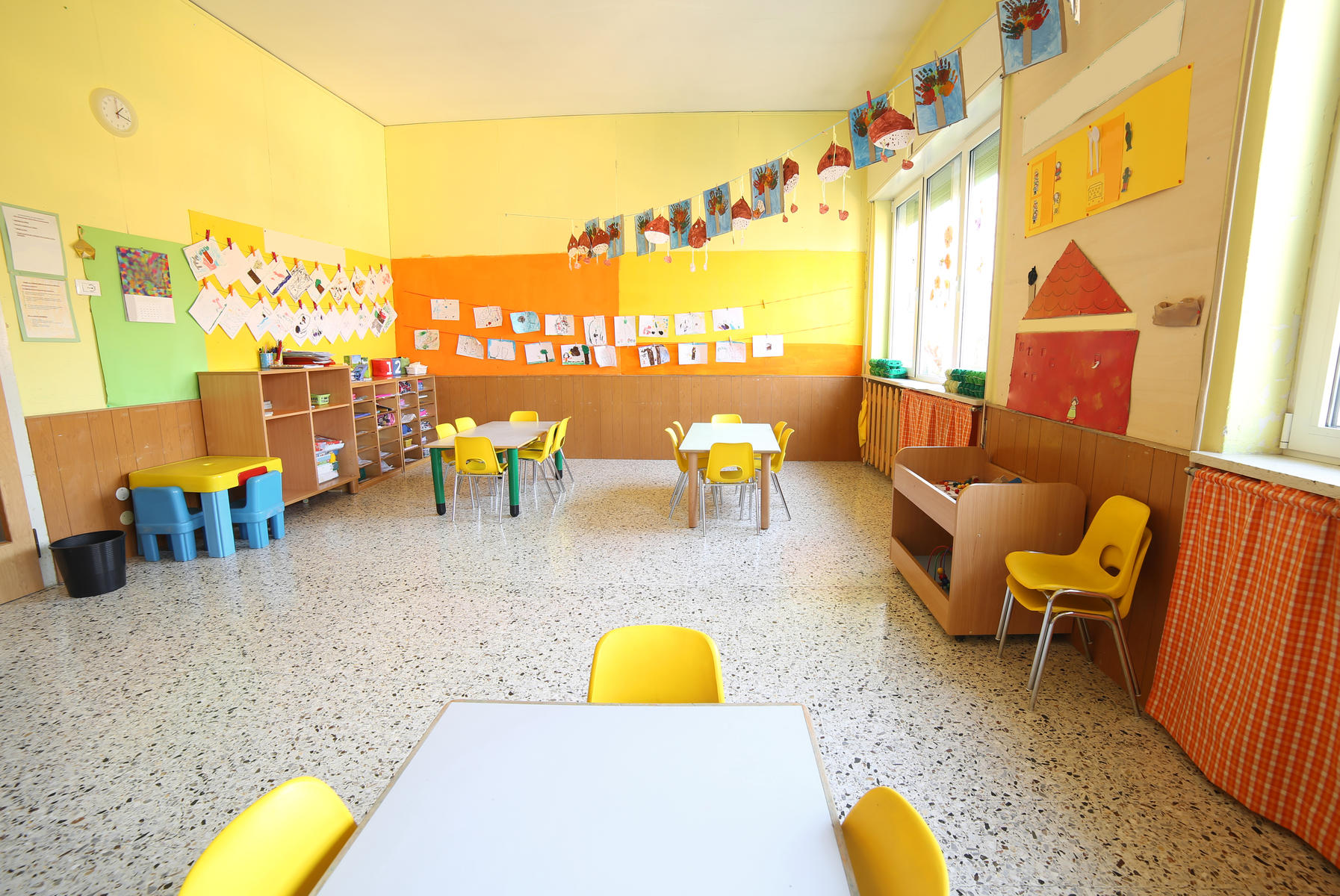
“If you’ve been a director for even a short time, you are keenly aware of the pivotal role you play in your center’s quality equation. Your teachers may impact children’s experiences, but you impact children’s developmental outcomes by structuring the conditions that support teacher effectiveness. The decisions you make related to hiring, supervision, professional development, and performance appraisal all influence the trajectory of your program in achieving excellence. Even routine decisions about teachers’ work schedules affect whether teachers have time to work together to promote each other’s learning. There is no getting around it. Virtually everything you do in your leadership role directly or indirectly influences the reputation and success of your program.”
It’s obvious that a critical role of a child care center director is to establish and sustain a true professional learning community — a place where teachers see each new day as an opportunity to expand their competence and confidence and support one another in moving toward a shared vision of program excellence.
The above-referenced article presents five strategies that together support the director’s efforts in transforming a center into a professional learning community:
- Developmental supervision—the foundation for reflective practice
- Teacher induction—a lifeline for novice teachers
- Individual learning plans—a roadmap for job-embedded learning
- Peer learning teams—the platform for collegial support
- 360-degree feedback—a catalyst for growth and change
Let’s not get the cart before the horse. Being an inspirer is indeed critical, but understanding the responsibilities and duties of a director must come first.
Child care center directors oversee the day-to-day operations of a child care center. Professionals in this career come from a variety of educational backgrounds, including high school graduates and those with an associate’s or bachelor’s degree. Licensing is typically necessary, with states mandating their own specific requirements. Another commonly required credential is Child Development Associate (CDA) certification. Prior work in early childhood education is also essential in most states.
| Required Education | High school diploma; some positions require an associate’s or bachelor’s degree |
| Other Requirements | License & CDA often required; early childhood education experience usually necessary |
| Projected Job Growth (2012-2022)* | 17% |
| Median Salary (2013)* | $44,890 annually |
Source: *U.S. Bureau of Labor Statistics.
The job description of a child care center director is similar to that of any school administrator. However, child care center directors mainly oversee facilities that house younger children. They work in preschools, nursery schools, daycare centers, pre-kindergarten programs, group homes and, in some cases, school systems to oversee and coordinate child care and educational programs.
Duties
Child care center directors are responsible for setting the tone for the facility, managing the curriculum, overseeing physical facilities, hiring staff and managing the overall image of the center. They sometimes also ensure compliance with all local and federal laws governing child care, both in regard to the physical environment and the staff, and they manage the financial affairs of the child care facility.
Curriculum Development
Center directors work with qualified center staff to develop an appropriate curriculum and ensure that it complies with state and federal requirements. In the case of specialized schools, such as Montessori schools, the center director ensures that the curriculum complies with the specific requirements of that designation.
Facilities Management
Child care center directors make sure that the center’s physical facilities comply with local, state and federal laws and are a safe and appropriate environment for children. Directors have an up-to-date knowledge of local, state and federal laws regarding safety requirements and inspection and certification procedures, and ensure that the center complies with those requirements. The center director also evaluates and purchases equipment and supplies for the center or approves requests to purchase materials and equipment.
Staffing Management
Child care centers are generally staffed by teachers, teacher aides, assistants and other individuals; for example, larger centers might have administrative or custodial staffs. The center director manages this staff, developing job descriptions, interviewing candidates, maintaining staff development and education and, if necessary, managing disciplinary processes.
The director ensures that all staff meet the requirements for their jobs; for example, the director orders staff background checks and confirms that necessary licenses are valid. Child care directors are also responsible for maintaining their own qualifications; most states require child care center directors to complete continuing education courses each year, in addition to other requirements.
Parental Communication and Involvement
While for many parents, their child’s teacher is the primary point of contact in the school, the director often serves as the ‘face’ of the school, managing communication with parents and the community. The director develops policies for the school and communicates the policies to parents. Directors also often meet with parents of prospective students to determine whether the school is a good fit for the family.
Financial Responsibilities
Child care center directors are responsible for the financial management of the center. This means that they develop budget, manage the accounting and oversee accounts payable and receivable. The director also develops the marketing plan for the center, developing public relations and advertising campaigns as necessary.
According to the U.S. Bureau of Labor Statistics (BLS), the demand for child care center directors is expected to grow faster than average, at 17%, between 2012 and 2022 (www.bls.gov). The BLS suggests that the growth in this field is attributable to the increase in state-sponsored early childhood education and a growing acceptance of the need for pre-kindergarten education. As more families send their young children to early childhood education programs, the demand for these services and qualified directors increases.






